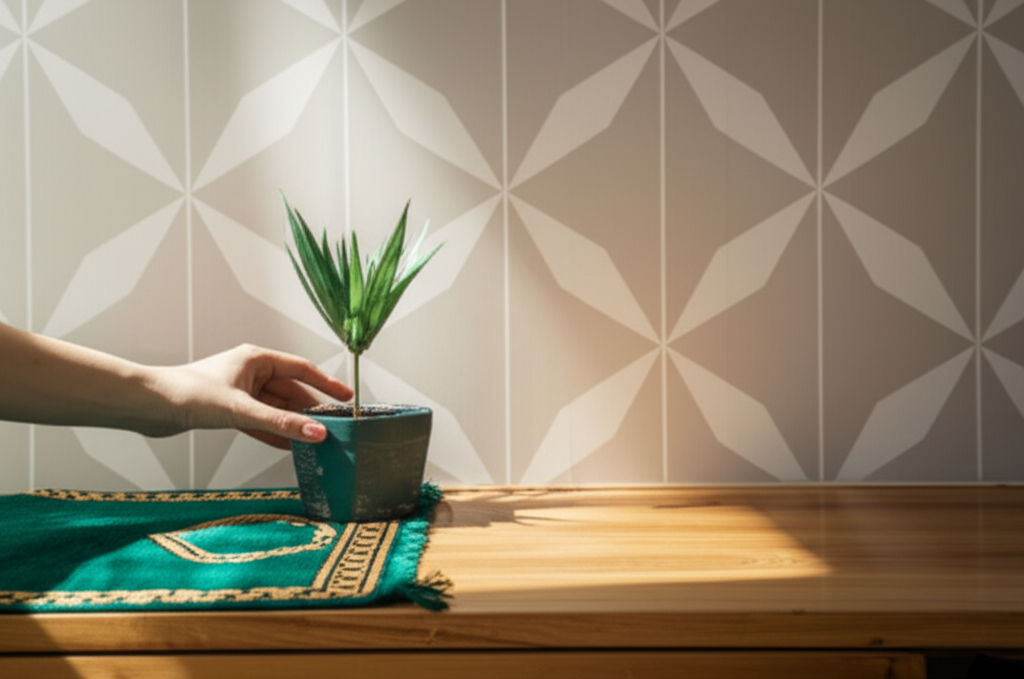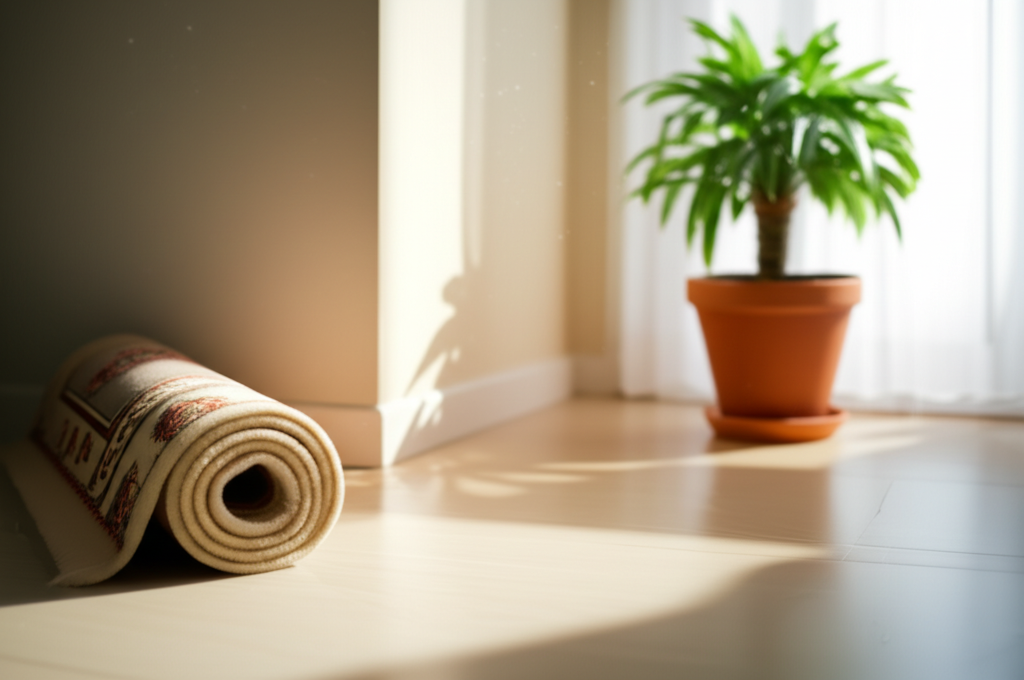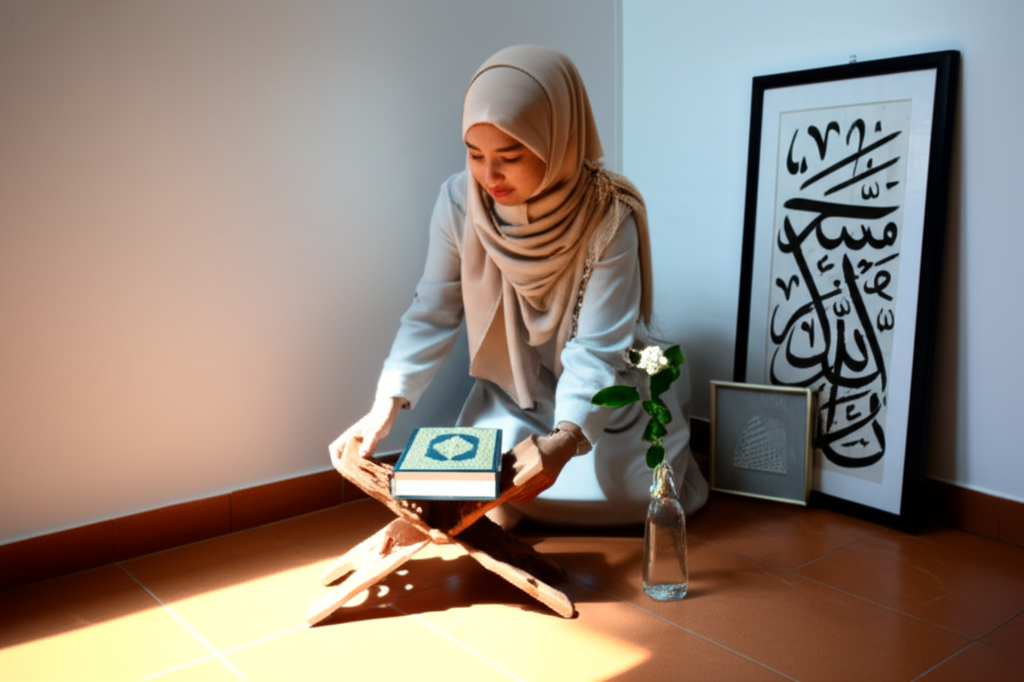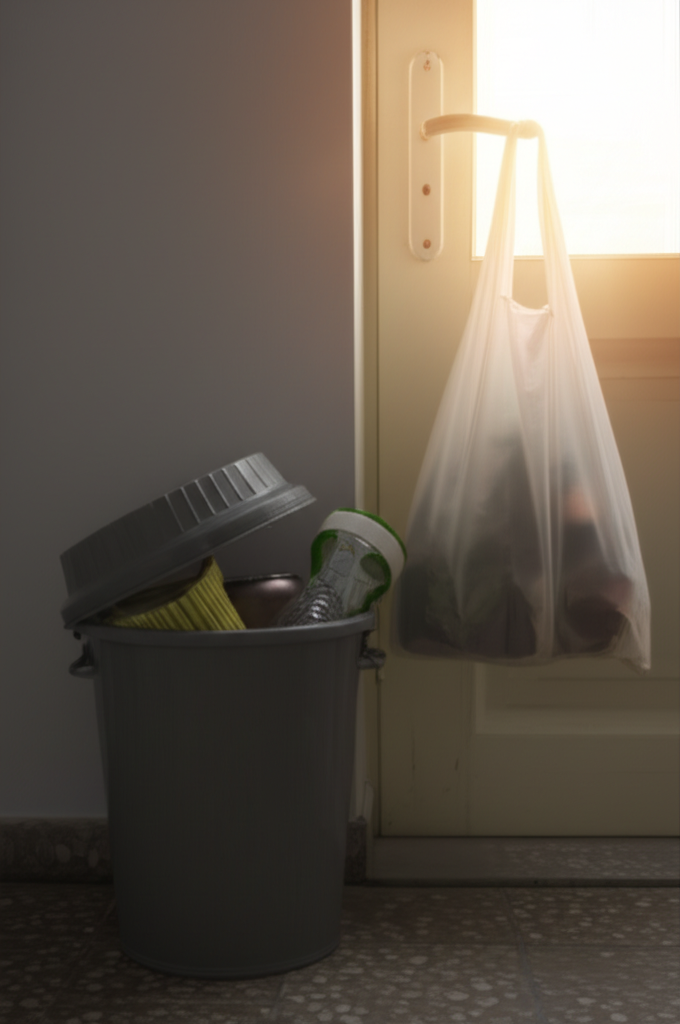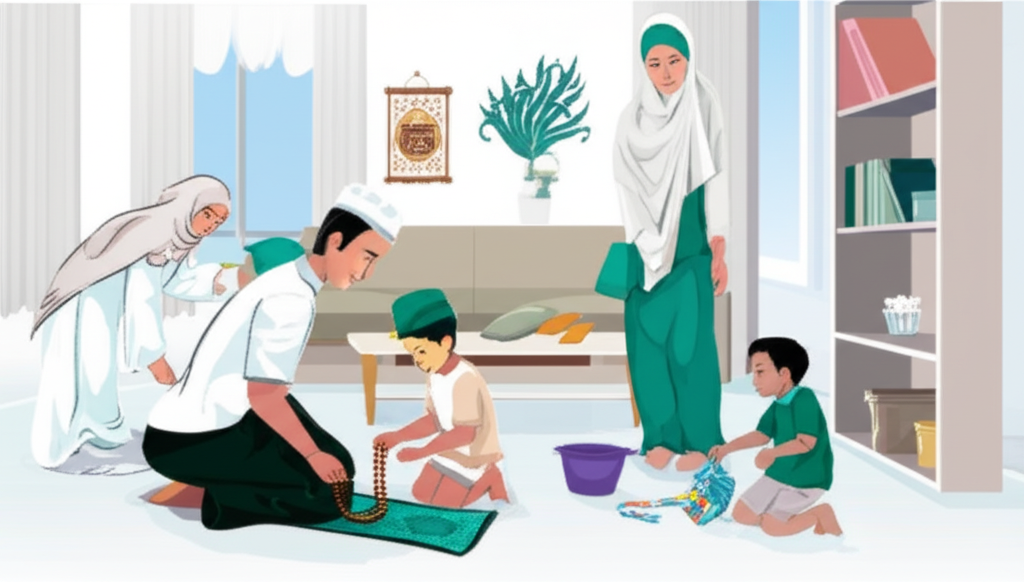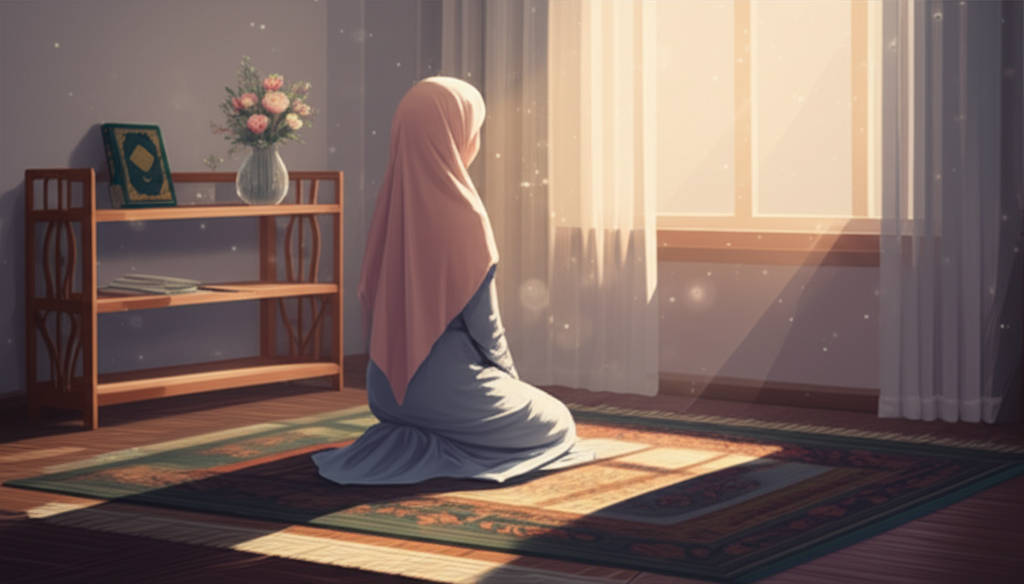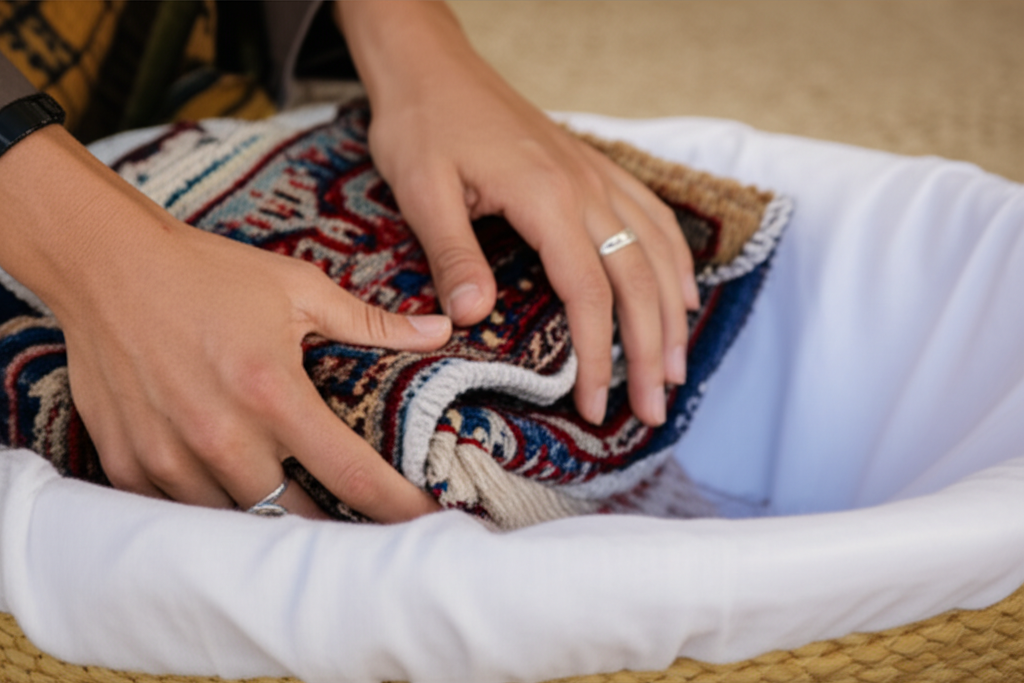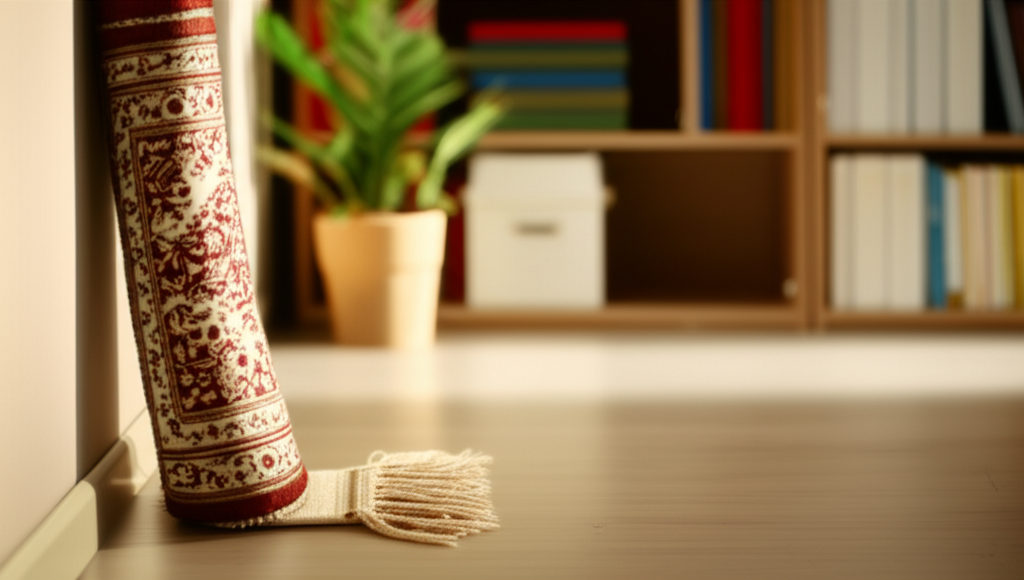Alright, let's delve into how to weave Sunnah principles into decluttering our homes as we approach a peaceful and prosperous Islamic New Year. This isn't about Marie Kondo-ing your life; it's about consciously creating a space that reflects our faith and fosters tranquility. It’s about aligning our physical environment with our spiritual goals.
1. Intentional Niyyah (Intention):
Before you even think about touching a single item, pause and make a sincere intention (niyyah). Intend to declutter your home not just for aesthetics, but to purify your heart, create a more welcoming space for worship, and to better serve your family and community. This intention anchors our efforts in a purpose beyond mere organization.
2. Seeking Barakah (Blessings) through Tidiness:
Remember the Hadith emphasizing cleanliness being half of faith. A cluttered space often signifies a cluttered mind. By tidying our homes, we're actively seeking barakah (blessings) in our lives. It's about appreciating the blessings Allah has bestowed upon us and showing gratitude by caring for them properly.
3. Prioritizing the Essentials:
The Sunnah encourages us to live modestly. This naturally translates to owning only what we truly need and use. Focus on decluttering excess items that are merely taking up space. Consider the functionality and purpose of each item. Do you truly need it, or is it just adding to the chaos?
4. The Art of Giving Away (Sadaqah):
Islam emphasizes giving to those in need. As you declutter, identify items in good condition that you can donate. This not only clears your space but also earns you ajr (reward) by benefiting others. Remember, your unwanted possessions could be a lifeline for someone else.
5. Organize for Practicality:
The Prophet Muhammad (peace be upon him) emphasized the importance of order. Aim to organize your belongings in a way that is practical and efficient. This means placing frequently used items within easy reach and storing less frequently used items in designated areas.
6. Create Dedicated Spaces for Worship:
Designate a specific area in your home for prayer and reflection. Keep this space clean, uncluttered, and free from distractions. This allows you to focus on your connection with Allah without external disturbances. Consider adding elements that enhance your spiritual practice, like a prayer rug or a Quran stand.
7. The Power of Istighfar (Seeking Forgiveness) During the Process:
Decluttering can sometimes bring up feelings of attachment or even regret about past purchases. Utilize this opportunity to seek istighfar (forgiveness) from Allah. Acknowledge any excessive attachment to material possessions and ask for guidance in living a more mindful and balanced life.
8. Continuous Effort (Istiqamah):
Decluttering isn't a one-time event; it's a continuous practice. Regularly assess your belongings and get rid of items you no longer need or use. Maintain a mindset of istiqamah (steadfastness) in your efforts to keep your home a reflection of your faith and values. Make it a part of your routine, even if it's just a few minutes each day.
